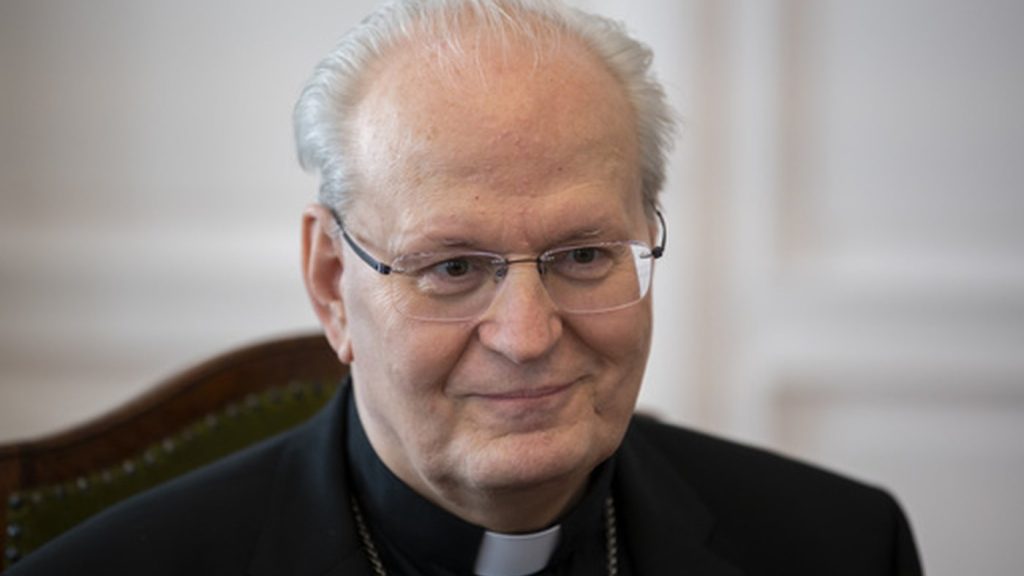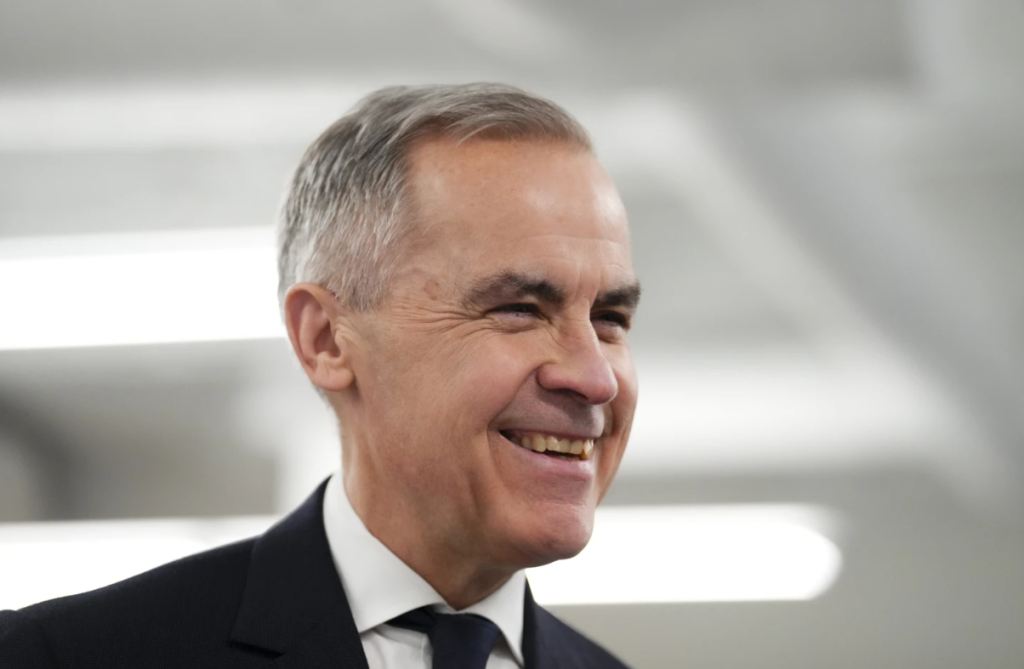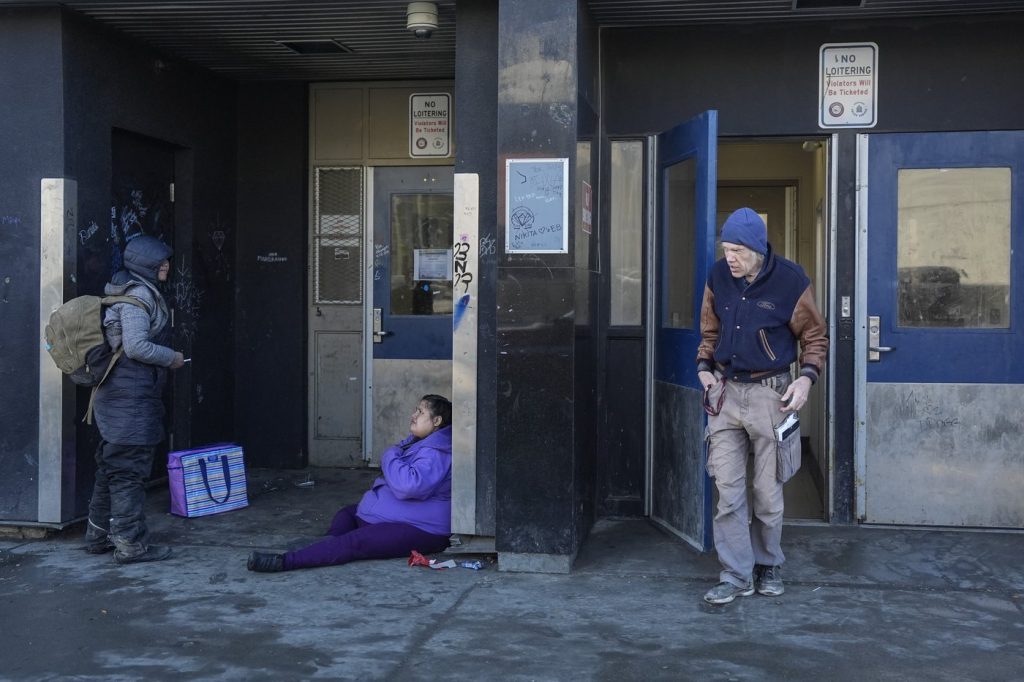A Canadian cardinal was a prominent candidate during the last papal election, but experts suggest that the likelihood of a Canadian being elected this time is minimal. With Canada boasting five cardinals, each has notable drawbacks including advanced age, lack of experience, and allegations of sexual misconduct, according to Vatican analysts.
Mark McGowan, a history professor at the University of St. Michael’s College in Toronto, expressed skepticism regarding the prospects of Canadian cardinals in the upcoming conclave. “I would be quite surprised if one of them was elected,” McGowan remarked, indicating that the Canadian representatives are not among the leading contenders.
The Vatican announced that Pope Francis passed away at the age of 88, following 12 years as the head of the Catholic Church. The pontiff had faced health challenges earlier in the year, spending five weeks hospitalized due to pneumonia in both lungs.
Among Canada’s five cardinals, Cardinal Gérald Lacroix, the archbishop of Quebec, appears to have the strongest chance of succeeding Pope Francis. Lacroix was made a cardinal in 2014 and became part of Pope Francis’s council of cardinal advisers in 2023. Emma Anderson, a religious studies professor at the University of Ottawa, pointed out that at “a very youthful 67,” Lacroix is significantly younger than Francis when he was elected at 76 years old.
However, Lacroix has been named in a class-action lawsuit against the Archdiocese of Quebec, accused of inappropriately touching a 17-year-old girl between 1987 and 1988. Although a church-led investigation found no evidence of sexual misconduct and many within the church believe he has been exonerated, Anderson noted that even mere allegations can disrupt careers.
Another Canadian cardinal, Marc Ouellet, previously seen as a frontrunner to succeed Pope Benedict XVI in 2013, is also facing scrutiny. Ouellet, who is included in the same class-action lawsuit as Lacroix, has been accused of inappropriate touching, allegations he has denied. At 80, he lost his right to vote in the conclave, but theoretically, he could still be elected pope. However, McGowan believes that Ouellet's time has passed. “I think he’s too old and damaged now,” Anderson added.
Two other Canadian cardinals, Thomas Collins and Michael Czerny, are nearing the age of 80. Collins, 78, served as the former archbishop of Toronto and was named a cardinal by Benedict in 2012. Anderson suggests that he may be too conservative to be a popular choice among the cardinals influenced by Pope Francis. Conversely, 78-year-old Czerny is viewed as closely aligned with Francis, known for his advocacy for social justice.
Canada's newest cardinal, Francis Leo, at only 53, is considered too young and inexperienced for this election, having taken over as archbishop of Toronto in 2023 after Collins.
Currently, there are 252 living cardinals, with only 135 eligible to vote in the conclave. Given that 80 percent of electors were appointed by Francis, McGowan anticipates that the next pope will continue the pastoral and multilingual legacy established by Francis. He noted that 67-year-old Filipino Cardinal Luis Antonio Tagle could be a strong contender, being regarded as a "new face of the Franciscan legacy." Additionally, 70-year-old Italian Cardinal Pietro Parolin, the Vatican's secretary of state, is also viewed as a strong candidate.
Pope Francis had made a point of appointing cardinals globally, representing regions less historically represented in the Vatican. Anderson observed that this upcoming conclave represents a significant shift, as it will be the first without a majority of European electors. However, this global diversity could introduce uncertainties for those seeking to continue Francis's legacy.
“I think liberals would love to see a pope like Pope Francis that comes from a new and under-represented part of the Catholic world,” Anderson stated, indicating a desire for either an African or Asian pope. However, she noted that many regions in the Global South tend to have more conservative theological positions, which could complicate the election process.












